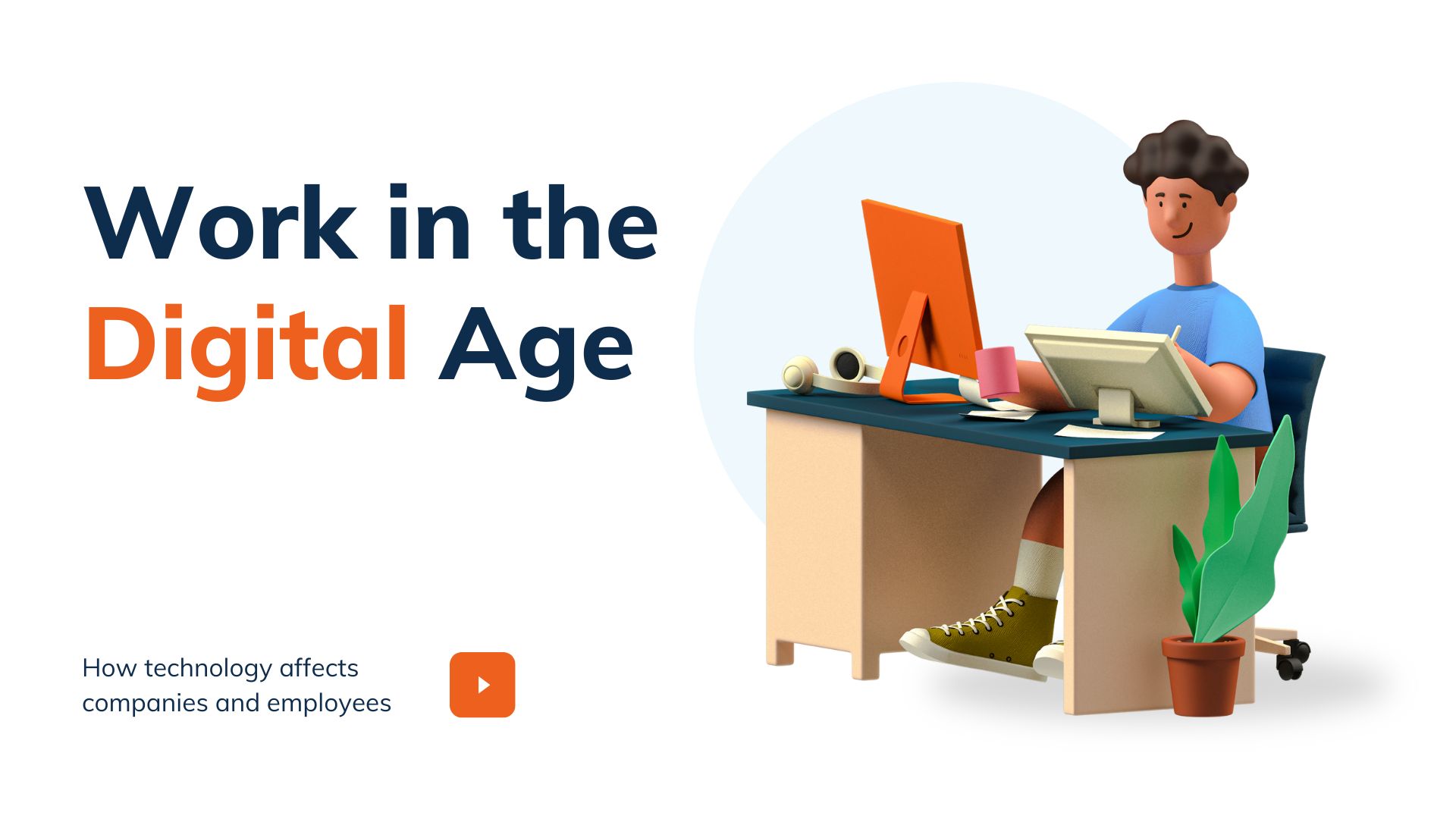
Embracing Remote Work: IT Solutions for a Distributed Workforce

In today’s digital age, the concept of remote work has become increasingly prevalent. With the advancement of technology, it has become possible for employees to work from anywhere, at any time, as long as they have a stable internet connection. This shift towards remote work has brought about numerous benefits, including increased productivity, improved work-life balance, and reduced overhead costs.
However, embracing remote work also presents its own set of challenges. One of the most significant hurdles is ensuring the security and integrity of company data and systems. As remote workers access company resources from various locations, it’s crucial to implement robust IT solutions to safeguard against cyber threats and data breaches.
In this blog post, we’ll explore the importance of IT solutions for a distributed workforce and provide tips on how to ensure seamless remote work operations.
The Benefits of Remote Work
Before we dive into the IT solutions, let’s take a look at the benefits of remote work:
- Increased Productivity: Without the distractions of a traditional office environment, many employees find that they’re more productive when working remotely.
- Improved Work-Life Balance: With the flexibility to work from anywhere, remote workers can better balance their personal and professional responsibilities.
- Reduced Overhead Costs: By eliminating the need for physical office space, companies can reduce their overhead costs and invest in more important areas.
- Access to Global Talent: Remote work allows companies to hire the best talent from around the world, rather than being limited to a specific geographic location.
The Challenges of Remote Work
While remote work offers many benefits, it also presents several challenges:
- Data Security: As remote workers access company resources from various locations, it’s crucial to ensure that data is secure and protected from cyber threats.
- Communication: Effective communication is essential for remote teams to function efficiently. However, it can be challenging to maintain regular communication when team members are dispersed across different locations.
- Collaboration: Remote teams often struggle with collaboration and teamwork, as they may not have the same level of face-to-face interaction as traditional office-based teams.
- Technical Issues: With remote workers accessing company resources from different locations, technical issues such as connectivity problems and software compatibility can arise.
IT Solutions for Remote Work
To overcome the challenges of remote work, it’s essential to implement robust IT solutions that ensure data security, effective communication, and seamless collaboration. Here are some IT solutions that can help:
- Virtual Private Network (VPN): A VPN creates a secure connection between remote workers and the company network, ensuring that data is encrypted and protected from cyber threats.
- Cloud-Based Collaboration Tools: Cloud-based collaboration tools such as Slack, Trello, and Asana allow remote workers to communicate and collaborate effectively.
- Remote Desktop Protocol (RDP): RDP allows remote workers to access company resources and applications securely, without having to physically access them.
- Multi-Factor Authentication (MFA): MFA adds an extra layer of security to company systems by requiring users to provide multiple forms of identification before accessing sensitive information.
- Regular Software Updates: Regular software updates ensure that company systems are secure and free from vulnerabilities.
Best Practices for Remote Work
To ensure seamless remote work operations, follow these best practices:
- Establish Clear Communication Channels: Establish clear communication channels between remote workers and team members to ensure that everyone is on the same page.
- Set Clear Expectations: Set clear expectations for remote workers regarding work hours, deadlines, and performance metrics.
- Monitor Progress Regularly: Regularly monitor progress and provide feedback to remote workers to ensure that they’re meeting expectations.
- Provide Training and Support: Provide training and support to remote workers to ensure that they’re equipped with the necessary skills and knowledge to perform their job effectively.
- Conduct Regular Security Audits: Conduct regular security audits to ensure that company systems are secure and free from vulnerabilities.
Conclusion
Embracing remote work requires a shift in mindset and a commitment to implementing robust IT solutions that ensure data security, effective communication, and seamless collaboration. By following the best practices outlined in this blog post, you can ensure that your distributed workforce operates efficiently and effectively.
At Intellitron Genesis, we understand the importance of IT solutions for remote work. Our team of experts can help you implement robust IT solutions that meet your unique needs and requirements. Contact us today to learn more about our IT services and how we can help you achieve your business goals.
